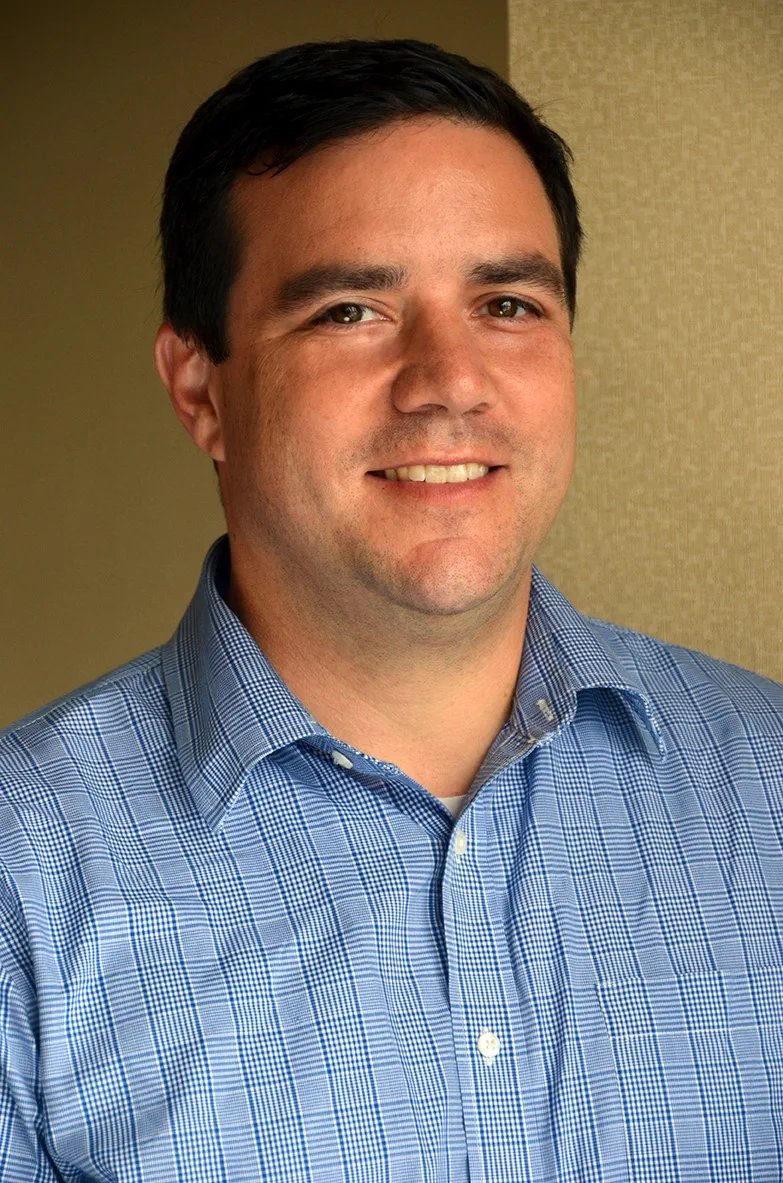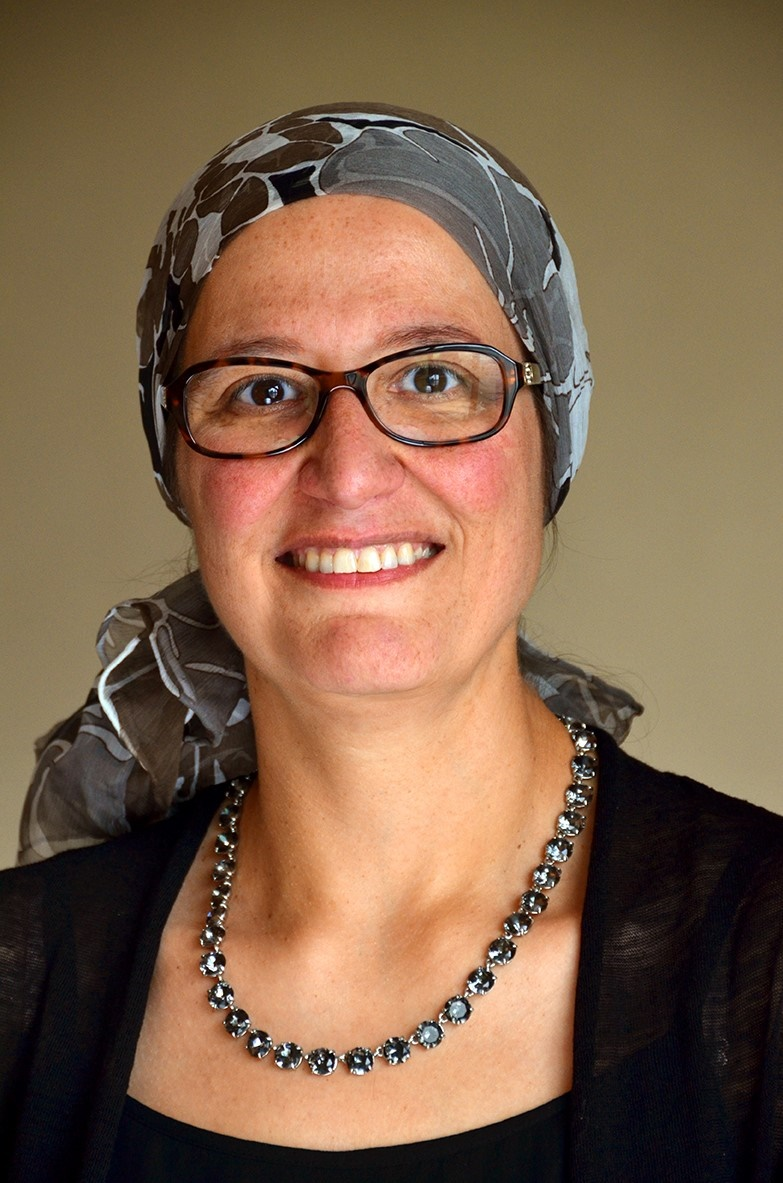
Aaron Brauser, Realyze President & Chief Executive Officer 
Gilan El Saadawi, M.D., Ph.D., Realyze Chief Medical Officer
What You Should Know:
– UPMC has launched Realyze Intelligence, a company that uses artificial intelligence and natural language processing to identify precise patient populations with chronic diseases and cancer to ensure they receive the most beneficial treatments.
– Founded by Gilan El Saadawi, M.D., Ph.D and Aaron Brauser founded in conjunction with UPMC Enterprises, the innovation and commercialization arm of UPMC.
– The U.S. healthcare industry spends $8.7 billion per year employing people primarily to read clinical notes to abstract data for various clinical workflows. The AI-based clinical intelligence platform “reads” both the detailed clinical notes and structured data from patients’ electronic medical records (EMR). This deeper knowledge can be used by clinicians to identify precisely defined cohorts of patients who may be at higher risk of poor health outcomes, and those individuals can then be prioritized to receive appropriate care in a timely fashion.
– Providers use Realyze’s web-based tools to quickly assess the data that already are present in patients’ notes. The dynamic platform can be deployed within a provider’s workflow, making the solution effective for a variety of patient conditions, including various cancers, chronic kidney disease (CKD), diabetes and inflammatory bowel disease.
Pilot Outcomes/Results
In an analysis of more than 100,000 CKD patients at UPMC, Realyze enhanced the work done by UPMC’s clinical analytics team by deriving new insights from clinical notes that were not available in the structured data. With this information, UPMC will improve its ability to implement more precise patient segmentation, which, in turn, will allow clinicians to better deploy resources for more appropriate care.
“For providers to give the most effective care, they need a complete understanding of their patients and all of their comorbidities. Realyze helps them find specific patients and intervene at the correct time with the correct treatment,” said Aaron Brauser, Realyze president and chief executive officer. “This can improve a patient’s overall health while hospitals benefit from avoidance of unplanned events and reduction of abstraction costs.”
